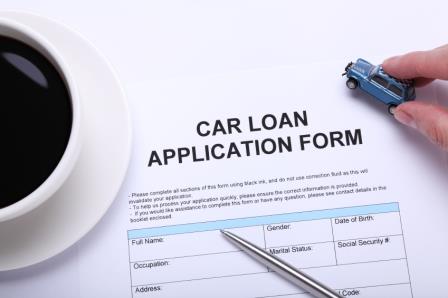
Looking to buy a car? Whether you’re in the market for a new vehicle or a used one, it’s important that you get the best deal you can. Financing a car can be tricky, so here are a few tips to help you get the right deal for the lowest price.
Going through the Pre-Approval Process
The first step to financing a car is get your lender to pre-approve your loan. The fact that you have your car loan already in hand is a tremendous advantage when it comes to negotiating the price of the car. Being pre-approved also gives you a number to negotiate with for possibly even lower rates from other lenders.
Finding the Best Car Loans
Finding the best loan takes time, so make sure you check a variety of different sources. If you belong to a credit union, they should be the first place you contact about a car loan. Virtually all credit unions have special rates for their members that you may not be able to match anywhere else. In addition to credit unions, visit a few local banks to check other loan options.
Asking the Dealer
Now that you’ve shopped around for various loans, use the numbers to your advantage with the dealer. Tell them about the loans you’ve found and see if they can offer something better. Sometimes the dealer is in a position to give you an interest rate no bank will touch. Even zero percent loans, usually for just a limited period, are possible. Negotiating is a crucial step in helping you get the best deal possible. Therefore, try to leverage as many options as you can when talking to the dealer about rates and pricing. Remember, most dealers get a commission on an auto loan, so chances are they’re willing to work with you to lower your rates.
Paying Less by Choosing Shorter Loans
If given the choice, always choose to keep your loan terms as short as possible. A lot of people tend to take the lower monthly payments offered with lengthy loans because it seems like they’ll be paying less. However, the longer the loan, the more in interest you’ll pay overtime. Although you pay more per month with a 36-month loan than with a 72-month loan, the savings in interest are considerable.
Offering a Big Down Payment
From a lender’s point of view, loans are all about risk. The more money you pay up front with a down payment, the more likely the lender is to feel that you are a good risk. To attract good borrowers, lenders will often offer better rates.
Looking to Sell or Trade in Your Old Car?
One of the easiest—and best—bargaining chips you have is your current car. If you’re looking to trade your car in, check a few different sources to get an average estimate beforehand. Sites like Kelley Blue Book are a great reference point when checking to see what your used car is worth. You can use your current car as a down payment, which in turn may help bolster your rate options.
Reading the Fine Print
When you finally negotiate a loan at terms you like, don’t let it end with just a handshake. People can say anything; what matters is what it says in the documents you sign. Read everything to make sure that hidden fees and terms don’t wipe out the savings you think you made.
The key to negotiating a good car loan is to explore all your options and shop around. However, before you start looking at loans, first make sure your credit is in good standing. Your auto loan will be directly affected by your credit score, so be sure to check your credit report beforehand.
For more information on credit management, and for tips on how you can access your credit score, visit CreditGUARD’s credit management page.
